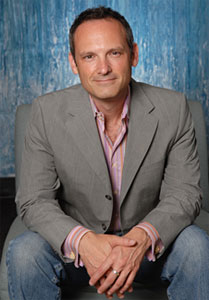Sexual health Therapy

Sexual Health Therapy
Sexual Health Therapy explores the comprehensive well-being related to sexuality, encompassing physical, emotional, mental, and social dimensions. It goes beyond the mere absence of illness or dysfunction, advocating for a positive, respectful approach to sexuality and sexual relationships. This includes the opportunity for enjoyable and safe sexual experiences, without coercion, discrimination, or violence. Achieving and maintaining sexual health necessitates that the sexual rights of all individuals are recognized, safeguarded, and fulfilled.
Sexual Addiction
Sexual addiction, alternatively termed sexual dependency or compulsivity, is a psychological condition characterized by an individual’s struggle to control sexual behavior. Manifestations vary widely, from sexual encounters with others to compulsive masturbation and pornography usage. The condition’s recognition and the terminology used to describe it are subjects of ongoing debate. Some view it through an addiction lens, similar to substance dependence, while others frame it as “sexual compulsivity,” akin to obsessive-compulsive disorder (OCD). Estimates suggest 3 – 5% of the U.S. population could meet criteria for sexual addiction or compulsivity, though actual numbers may be higher due to underreporting.
Criteria proposed by Patrick Carnes for identifying sexual addiction include a recurrent inability to resist sexual impulses, engaging in sexual behaviors to a greater extent or for longer than intended, persistent desire or unsuccessful attempts to stop, and continued behavior despite adverse consequences, among others.
Hypoactive Sexual Desire Disorder (HSDD)
HSDD is recognized as a sexual dysfunction, characterized by a diminished or absent desire for sexual activity, affecting both men and women. It’s identified by a lack of sexual fantasies and desire, causing significant distress or interpersonal difficulties. HSDD can be general or situational, acquired or lifelong. Its diagnosis and treatment require a nuanced understanding of the individual’s experiences and circumstances.
Treatment
Treatment of sexual dysfunctions, including HSDD, often occurs within the context of relationships, though individual therapy is crucial when the issue has been a longstanding concern. Therapists aim to identify psychological or biological factors contributing to the dysfunction, with interventions possibly including specialized referrals, therapy focused on psychological issues, relationship counseling, intimacy building, sex education, and stress management techniques.
For individuals seeking support for sexual health concerns, we offer personalized therapy services aimed at addressing and navigating these complex issues. Contact us today to learn how one-on-one therapy can assist in your journey towards improved sexual health.


